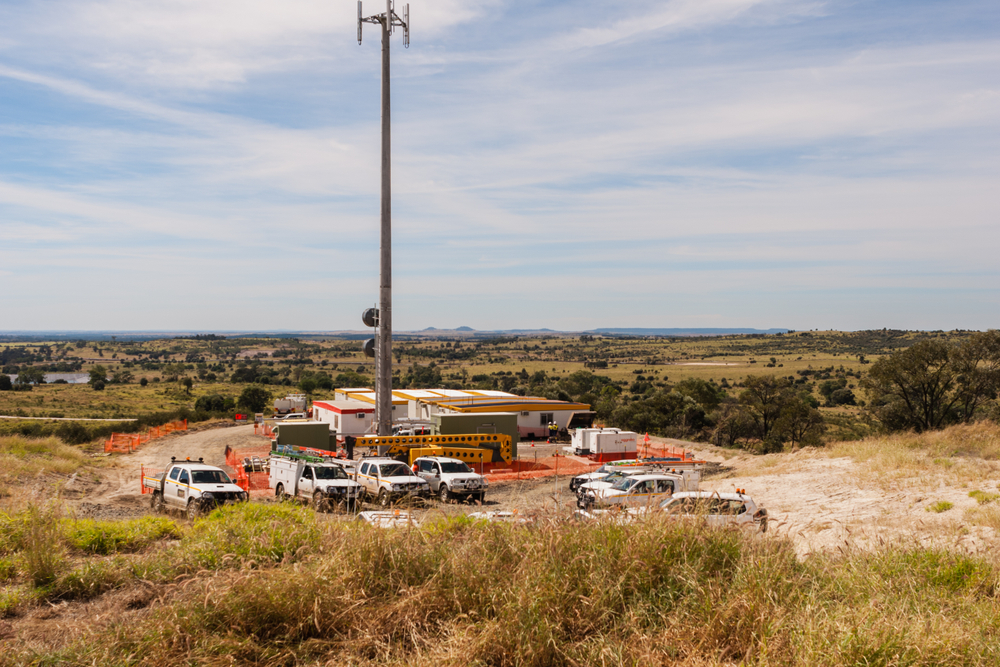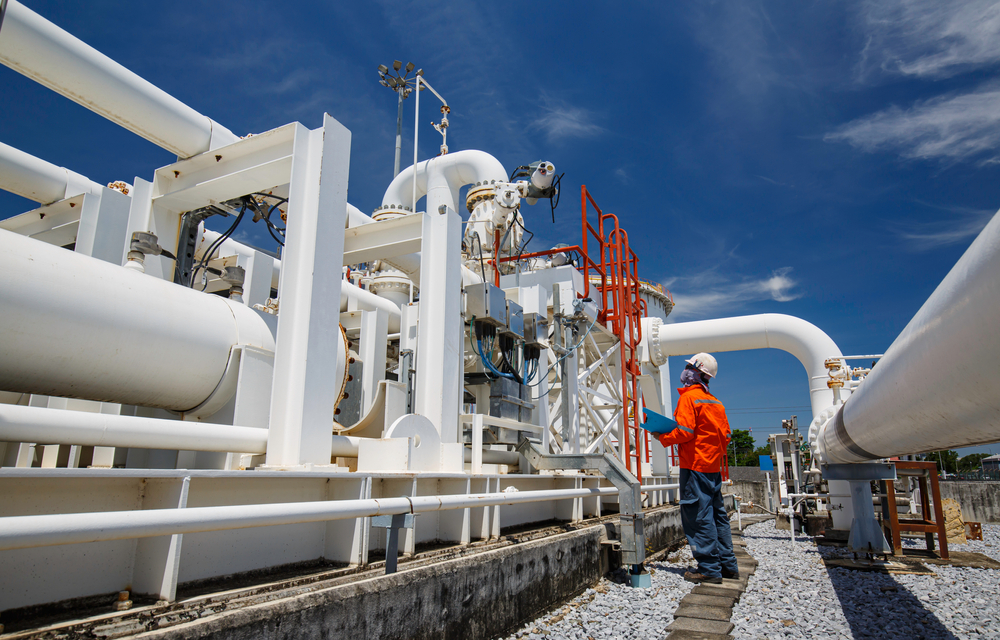
The Federal Government has handed down a 2023-24 Budget which forecasts a surplus of $4.2 billion and higher than anticipated reductions to gross debt.
The Budget paves the way for much-needed new gas supply, recognises low-carbon hydrogen and carbon capture, utilisation and storage (CCUS) as crucial to net zero and confirms the growing economic contribution of the oil and gas industry to the nation’s finances.
The Chamber of Minerals and Energy of WA (CME) Chief Executive Officer Rebecca Tomkinson said the significant contributions of the resources sector had helped the government deliver $14.6 billion in cost-of-living relief among other key budget measures.
“When commodity prices are high, Australia wins. The resources sector pays more than 30 per cent of Australia’s total company tax income to improve our nation’s budget bottom line,” she said.
Australian resource and energy exports are forecast to set a record of $464 billion in 2022–23, with oil and gas achieving a combined $106 billion, with forecasted growth in global demand for both commodities through to 2028.
Ms Tomkinson welcomed the Government’s investment in Australia’s energy transformation and its commitment to establish Australia as a renewable energy superpower, with strong strategic industries in global supply chains.
“Measures announced in the budget will help build the sector’s workforce of the future and foster the use of new technologies to deliver lower emissions energy.”
CME notes the budget also includes new revenue measures, namely the previously announced changes to the Petroleum Resources Rent Tax (PRRT). This measure is expected to generate an additional $2.4 billion in revenue and add to the already record levels of PRRT revenues, bringing the total forecast to be raised to $13.4 billion over the forward estimates.
Budget papers show that since the October budget PRRT receipts have been revised up $300 million in 2023-24 and $2 billion over the five years from 2022-23 to 2026-27 before adding the extra $2.4 billion of PRRT forecast to be collected as a result of changes to the regime.
The tax is only one part of the growing total industry economic contribution, which was forecast before the Budget to almost triple to $16.2 billion this year after steep rises in corporate income tax, PRRT, royalties and excise since last year.
Another significant announcement contained in the budget, or unveiled in the lead-up to it, is the $6.7 million to develop a Future Gas Strategy to support Australia’s energy system to reach 82 per cent renewables by 2030 and become cleaner, cheaper and more reliable while maintaining our international reputation as a trusted energy supplier to the region.
Australian Petroleum Production & Exploration Association (APPEA) Chief Executive Samantha McCulloch said the new Future Gas Strategy showed the government had listened to industry concerns and recognised the urgent need for a strategy to secure new gas supply to avoid shortfalls in coming years.
“New gas supply is essential to keep the lights on, put downward pressure on prices and deliver substantial economic benefits in the transformation of our energy system for net zero,” Ms McCulloch said.
“The national strategy announced tonight is a response to independent reports and authorities warning of gas supply shortfalls and allows for a coordinated policy response.”
The Budget allocates $2 billion to accelerate the development of low-carbon hydrogen in Australia and to catalyse clean energy industries.
Ms McCulloch said: “Low-carbon hydrogen has a critical role to play in reaching net zero, in particular in hard-to-abate industries and manufacturing.
“The oil and gas sector is pivotal in scaling up and rolling out low-carbon hydrogen in Australia and globally, with natural gas combined with carbon capture representing the most developed and lowest cost pathway to low-carbon hydrogen available today.”
The Budget also recognised the importance of CCUS, with a review of regulations to enable CCUS investment – as highlighted by APPEA in its 2023-24 Federal Budget Submission.
However, the Budget fell short of committing to a national CCUS roadmap in partnership with industry to provide the clear policy direction needed to promote Australia as a regional carbon storage leader.
Ms McCulloch said: “We share Australia’s commitment to reducing emissions to achieve net zero across the economy by 2050 and CCUS will be a key tool.
“Global momentum for CCUS is growing and Australia must not miss the emissions reduction and economic opportunity of an emerging CCUS industry that creates new jobs and investment.”
APPEA also welcomed the review of environmental management regulations for offshore energy to provide clarity for major supply projects.








